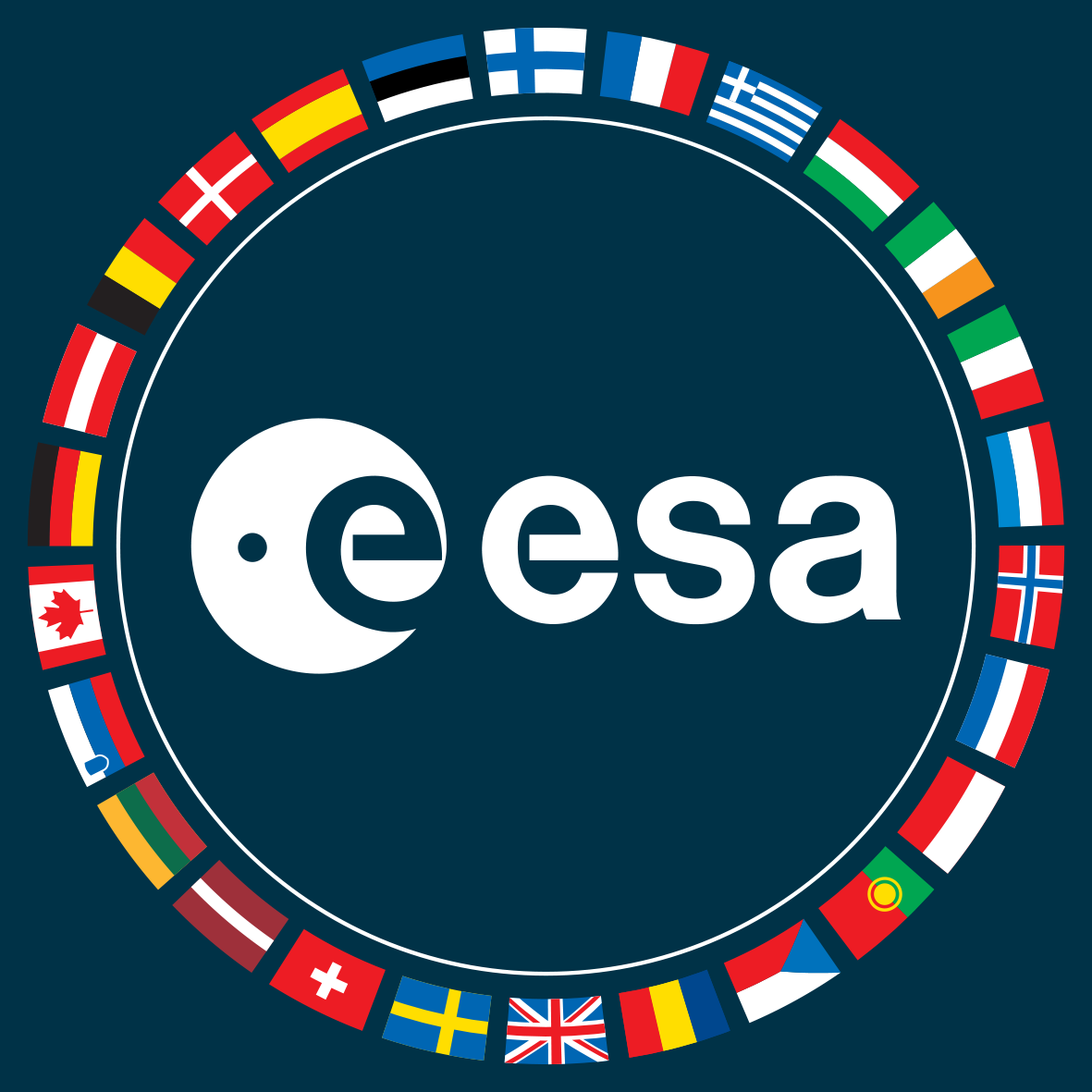Internal Research Fellow (PostDoc) – Evaluation + validation of non-invasive Cardiac Output
Porz-Wahn, Germany, ESA [10783]
About this job
ESA is looking for an Internal Research Fellow (PostDoc) – Evaluation + validation of non-invasive Cardiac Output.
Our team and mission
You (RF) will be based in the Space Medicine Team (HRE-OM) at the European Astronaut Centre in Cologne, Germany whose primary is to maximise the operational effectiveness of ESA astronauts through the career-long management of their physical, social and mental health. These services are delivered through a combination of HRE-OM support staff specialist knowledge, the use of medical hardware and the continuous evaluation of effectiveness and best-practice in addition to operationally-driven research performed in collaboration with Agency and/or Academic partners.
In preparation for missions beyond Low Earth Orbit (LEO) including Lunar Gateway and surface exploration missions, the ESA Space Medicine Team is currently evaluating technologies and approaches to integrate into a new ESA Exploration Medical System (ExMS) – including elements that may have dual use for scientific studies. One potential element is non-invasive cardiac output monitoring to evaluate inflight aerobic fitness, fluid shifts and in the case of circulatory shock – management of central fluid status.
You will be involved in the evaluation of cardiac output (and stroke volume) as a proxy for changes in aerobic fitness (typically measured by complex and resource intensive breath-by-breath analysis during maximal exercise), fluid shifts (that are thought to play a role in pathological changes in ocular structures) and potential circulatory shock (inflight fluid management resources are extremely limited) in a range of relevant contexts including ground-based analogues.
Whilst there are a range of methodologies employed to evaluate cardiac output on Earth, most are either inappropriate or impossible to implement in space. Recently, bioreactance-based non-invasive cardiac output monitoring has been proposed as a practical and potentially valid inflight approach. However, its sensitivity, and validity for use in flight, needs to be evaluated including during maximal exercise.
Thus, you will be responsible for preparing, conducting and post-processing (data analysis and peer-reviewed publication) a series of human participant studies in addition to technical evaluations built upon a systematic evaluation of relevant literature. You will also be expected to liaise, disseminate and collaborate with space medical operations, scientific and technical communities as required by the project.
Responsibilities
Field(s) of activities/research
• Cardiovascular physiology;
• Space Medicine;
• Exercise Physiology;
• Human Physiology in extreme environments.
Profile
Technical competencies
• Knowledge relevant to the field of research;
• Research/publication record;
• Ability to conduct research autonomously;
• Breadth of exposure coming from past and/or current research/activities;
• General interest in space and space research;
• Ability to gather and share relevant information.
Education
You should have recently completed, or be close to completion of a PhD in a related technical or scientific discipline. Preference will be given to applications submitted by candidates within five years of receiving their PhD. In particular for this position, the following is required:
• PhD in Exercise Physiology, Medicine or Human Physiology
Additional requirements
• Fluent in English – written and spoken;
• Experience in biomedical data processing and analysis;
• Experience in biomedical statistics;
• Experience in science writing and publishing.
Additional assets:
• Experience in performing human participant studies;
• Extensive in cardiovascular lab skills (i.e. capture, processing and analysis of physiological signals);
• Experience in using data analysis programming environments (e.g. Python, Matlab, or R).
Specificities
The position of Research Fellow at ESA’s Space Medicine Team is similar to a regular academic Post-Doc placement, however with a few notable key differences:
• You have no teaching obligations. However, you will likely be involved in the mentoring of Young Graduate Trainees and stagiaires (student interns) within the team
• As the team does not have a formal professor-like position, you are academically more independent than most post-docs. This implies more freedom but also more responsibility for their research directions and approaches
• You are joining a diverse, changing and interdisciplinary research team embedded in a large space agency, in contrast to a more specialised, focused research group with close or similar competences;
• You need to actively reach out to other disciplines, to bring in their competences to interdisciplinary research projects and to encourage other researchers to join them in their core research projects (research at the intersections of disciplines);
• You need to communicate your expertise and research results internally and externally, including potential implications and importance for ESA’s long-term strategy.
For a complete job description and to apply, click on “apply”.
The closing date for applications is 1 November 2020.
If you require support with your application due to a disability, please email contact.human.resources@esa.int.
————————————————————————————————————————-
Please note that applications are only considered from nationals of one of the following States: Austria, Belgium, the Czech Republic, Denmark, Estonia, Finland, France, Germany, Greece, Hungary, Ireland, Italy, Luxembourg, the Netherlands, Norway, Poland, Portugal, Romania, Spain, Sweden, Switzerland, and the United Kingdom. Nationals from Latvia and Slovenia, as Associate Member States, or Canada as a Cooperating State, can apply as well as those from Bulgaria, Cyprus, Lithuania and Slovakia as European Cooperating States (ECS).
We offer
The European Space Agency (ESA) is an equal opportunities employer that offers competitive salaries exempt from national income tax and excellent employment conditions, such as allowances for expatriates and relocation support.
For more information: http://www.esa.int/About_Us/Careers_at_ESA
About us
The European Space Agency (ESA) is Europe’s gateway to space. Its mission is to shape the development of Europe’s space capability and ensure that investment in space continues to deliver benefits to the citizens of Europe and the world. ESA is an international organisation with 22 Member States. By coordinating the financial and intellectual resources of its members, it can undertake programmes and activities far beyond the scope of any single European country.
Learn more: http://www.esa.int/
For information on how the personal data in your application is processed, please see the ESA Privacy Policy.
